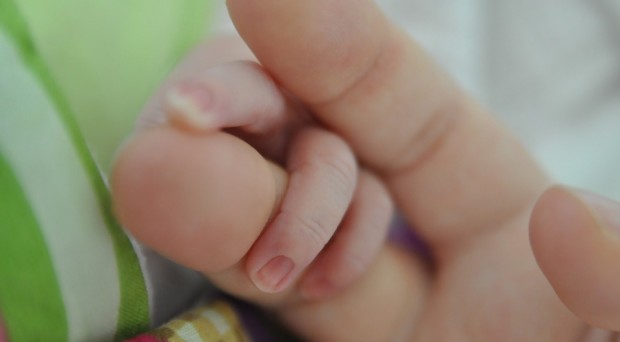
As a midwife, one might ask why I would be interested in the phenomenon of freebirthing, for this is a decision whereby women make an active choice to not have a midwife (or doctor) present at the birth.
However, my knowledge as a woman, mother and midwife tells me that childbirth choices are not made in isolation. Rather, they are deeply embedded within cultural, political and social landscapes. This caused me to wonder to what extent a woman’s choice to freebirth was a reflection of poor maternity care or provision.
There are of course potential risks by ‘going it alone’ or to freebirth, as during birth unforeseen clinical events may occur which threaten the lives of mothers and babies.
There are of course potential risks by ‘going it alone’ or to freebirth, as during birth unforeseen clinical events may occur which threaten the lives of mothers and babies. These are generally rare but do require timely intervention by a trained maternity professional.
That said, we do know that there has been an exponential rise in birth interventions such as induction of labours, augmenting labours (speeding them up) and caesareans. Whilst life saving for many, their overuse is associated with increased levels of morbidity and mortality as demonstrated by the recent Lancet Series.
The medicalization of childbirth is a topic of great debate with passionate arguments from both sides. What is agreed is that the safe passage of mother and baby during childbirth is the priority. How that is enabled, however, is of great contention.
What did we do?
Within this context, I carried out a literature review of qualitative research to answer the question ‘Why do some women choose to freebirth?’ The search identified only four studies (three undertaken in America and one in Australia), none of which were based in the UK.
This review identified common motivations to freebirth including: a rejection of the medical and midwifery model of birth, a previous distressing/traumatic birth experience and a faith in the natural birth process. In addition there was a prevailing sense of women opting to freebirth in order to retain choice, control and autonomy over their bodies during the birth process.
The aim of this study was to identify and explore what influenced women’s decision to freebirth in a UK context.
In order to see whether UK women held similar issues, the aim of this study was to identify and explore what influenced women’s decision to freebirth in a UK context.
We recruited ten women to the study, all of which had freebirthed at least once in the UK. The findings were complex and deeply nuanced as the decision to freebirth was based on multiple factors.
What do our findings show?
Largely our findings supported those of the metasynthesis which was surprising as maternity services are configured very differently in the UK. For many their decision was borne out of a previous negative or traumatic birth experience, which was sometimes compounded by further negative experiences with maternity services (such as when making attempts to book a homebirth).
Whilst this may be a challenge for midwives to understand, it is a choice that must be respected.
These women described how they had lost faith in the maternity services to provide them with the care that they wanted or that they felt they needed.
Women frequently referred to how they considered a freebirth was the only option for them to be free from interference and to feel safe. This aspect from a midwifery perspective is deeply concerning, indicating a wide chasm between the midwifery philosophy of care and care delivery.
For other women their decision to freebirth was borne out of a positive experience where they wanted to enhance their birthing experience and a midwife was considered redundant. Whilst this may be a challenge for midwives to understand, it is a choice that must be respected.
Improving maternity services for all
The fact that women choose to freebirth in order to create a calm, quiet birthing space that is free from clinical interruptions and that enhances the physiology of labour, contributes to the body of evidence which seeks to improve maternity services for all.
International interest in the phenomenon has gathered momentum in the past few years. Researchers from the UK, Holland, Australia and Ireland are all providing valuable contributions to the phenomenon of freebirthing or birth that sits outside of the current norms of maternity provision.
Whilst the numbers of women who freebirth are relatively small, it does raise important questions regarding how maternity care is provided, how midwives can re-connect with women who have lost faith in our care and whether our practices always support physiological or optimal birth.
Acknowledgements
This work was supported by the Wellbeing of Women in conjunction with the Royal College of Midwives and the Burdett Trust (grant number ELS505). I would like to personally thank Gill Thomson for her excellent supervision and contribution to this paper.
I can understand why women want to freebirth when one only has to see the programme ‘one born every minute ‘, to see that midwives and other medical practitioners are not observing evidence based practice, with far too much intervention and disrespect for women. Women have lost their trust in midwives and midwives have forgotten that they are the specialists in normal pregnancy and birth.